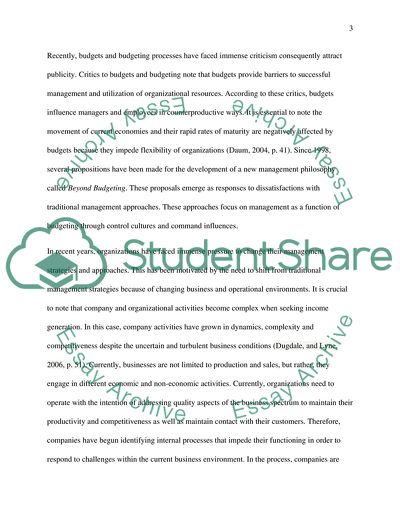Cite this document
('The budget is a tool of repression rather than innovation' cited by Essay - 1, n.d.)
'The budget is a tool of repression rather than innovation' cited by Essay - 1. https://studentshare.org/finance-accounting/1794105-the-budget-is-a-tool-of-repression-rather-than-innovation-cited-by-hope-and-fraser
'The budget is a tool of repression rather than innovation' cited by Essay - 1. https://studentshare.org/finance-accounting/1794105-the-budget-is-a-tool-of-repression-rather-than-innovation-cited-by-hope-and-fraser
('The Budget Is a Tool of Repression Rather Than innovation' Cited by Essay - 1)
'The Budget Is a Tool of Repression Rather Than innovation' Cited by Essay - 1. https://studentshare.org/finance-accounting/1794105-the-budget-is-a-tool-of-repression-rather-than-innovation-cited-by-hope-and-fraser.
'The Budget Is a Tool of Repression Rather Than innovation' Cited by Essay - 1. https://studentshare.org/finance-accounting/1794105-the-budget-is-a-tool-of-repression-rather-than-innovation-cited-by-hope-and-fraser.
“'The Budget Is a Tool of Repression Rather Than innovation' Cited by Essay - 1”. https://studentshare.org/finance-accounting/1794105-the-budget-is-a-tool-of-repression-rather-than-innovation-cited-by-hope-and-fraser.


